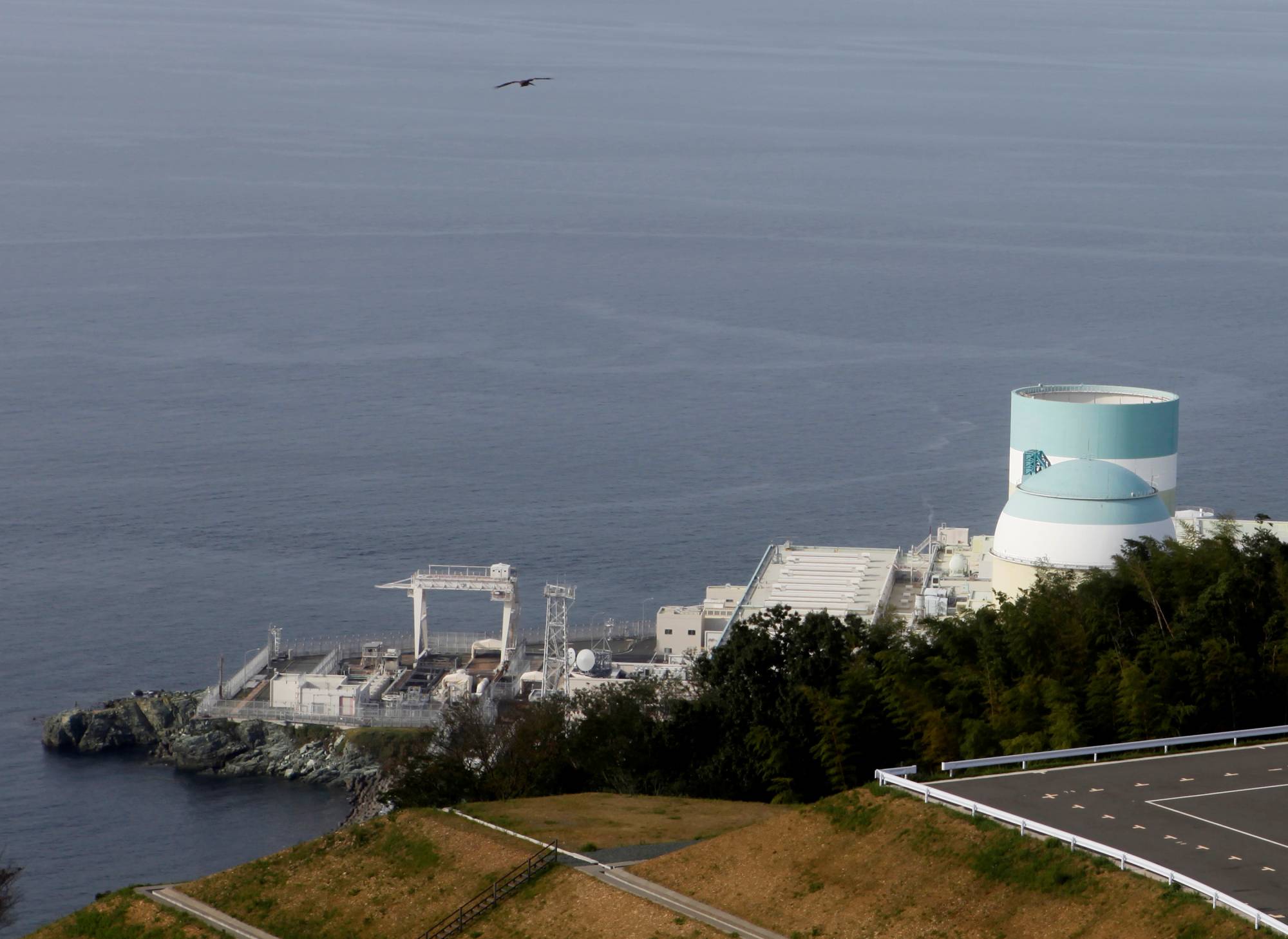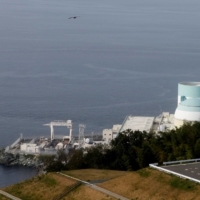Japan needs to make the best use of existing nuclear power capacity to defy soaring electricity prices, the head of the country's utilities group said Friday.
Serious discussions are needed on nuclear power policy as the global liquefied natural gas (LNG) market may become even tighter in the event of disruption to Russian gas supply, Kazuhiro Ikebe, chairman of the Federation of Electric Power Companies of Japan, told a news conference.
While the country should maximize the use of renewable energy, nuclear's low fuel costs as a percentage of generation expense mean it can also play an important role, he added.
"It's essential to maximize the use of existing nuclear power with the highest priority on safety, also from the perspectives of energy security, economic viability and realization of carbon neutrality by 2050," he said.
Japan, which has decided to gradually ban imports of Russian coal and oil, has four operational nuclear reactors, with many others still going through a re-licensing process under the stricter safety standards imposed after the 2011 Fukushima disaster.
"Even if Japan stops buying Russian coal, India and China will be buying that coal, and we may be buying from South Africa, where India had been purchasing coal from," Ikebe said.
"If global coal demand remains unchanged, the world will be able to meet demand in a roundabout way," he said.
However, if Russian LNG supply is disrupted, there will be a significant impact on Japan's procurement as there are only a limited number of suppliers, he said.
"Therefore, Japan needs to keep its stake in the Sakhalin-2 project so that LNG will keep coming," he said, referring to the oil and gas development on Russia's Sakhalin Island.



















With your current subscription plan you can comment on stories. However, before writing your first comment, please create a display name in the Profile section of your subscriber account page.